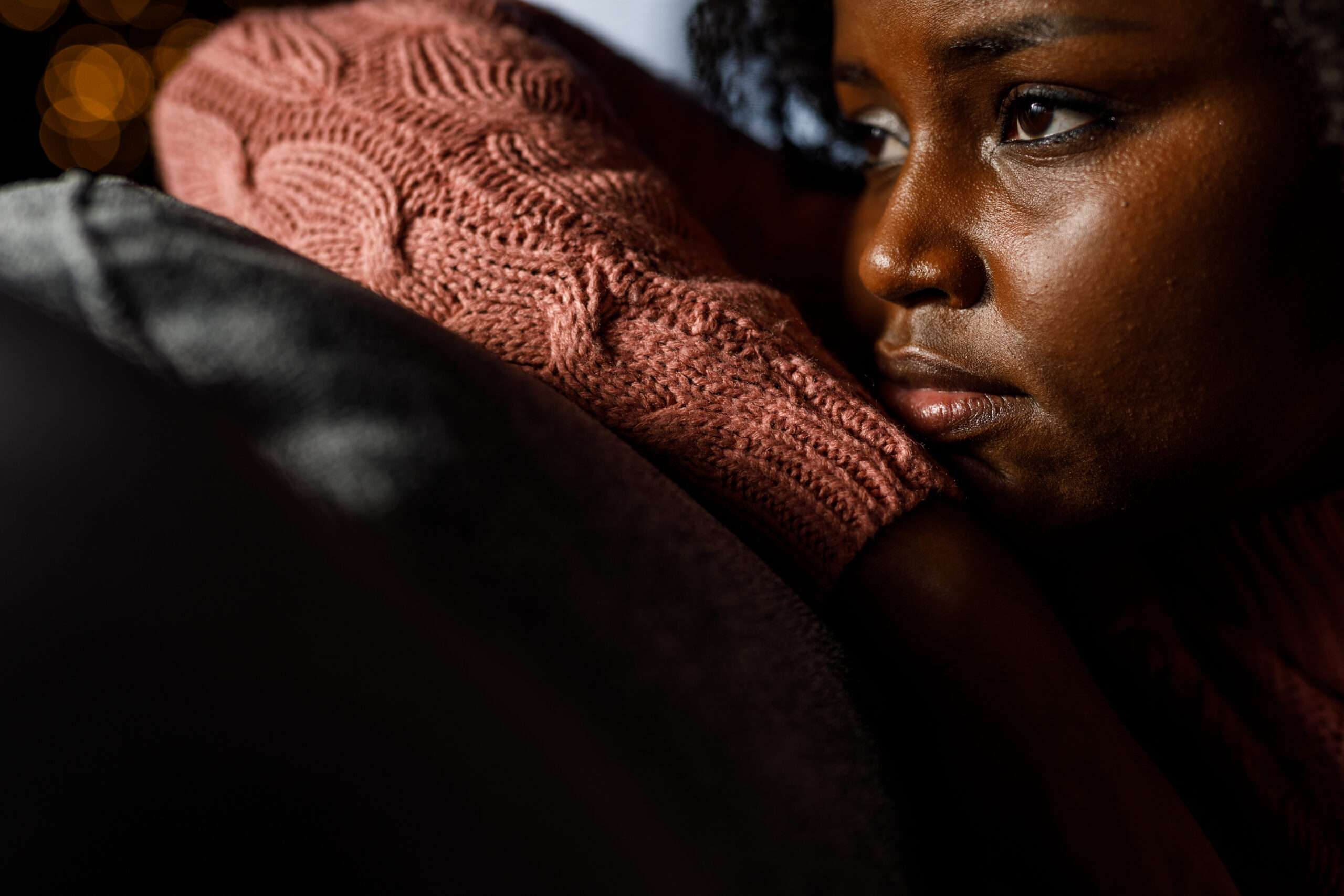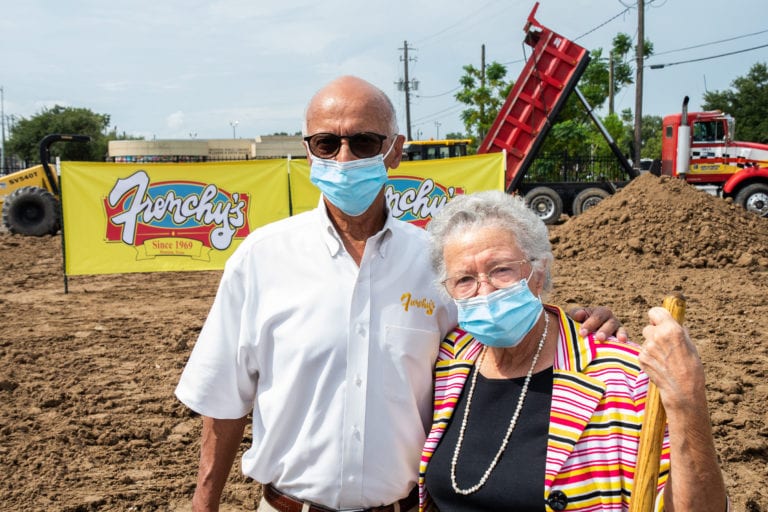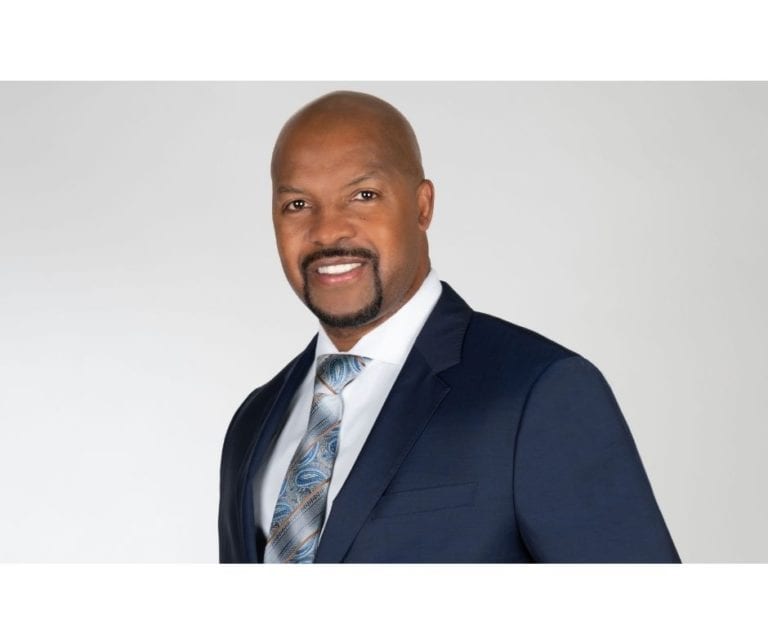Vein health and mental health are critical yet often overlooked aspects of overall well-being. Within minority communities, these issues are compounded by unique social, economic, and cultural challenges. Understanding the interplay between vein health and mental health in minority populations can illuminate pathways to more effective healthcare interventions and support.
Vein Health: An Overview

Vein health primarily concerns the efficiency and condition of veins, which are responsible for returning deoxygenated blood back to the heart. Vein disease can lead to symptoms such as swelling, pain, and in severe cases, life-threatening complications such as blood clots.
Maintaining vein health involves regular physical activity, a balanced diet, proper hydration, and avoiding prolonged periods of standing or sitting. However, access to preventative care and treatment can be influenced by socioeconomic factors, often disproportionately affecting minority communities.
Mental Health in Minority Communities
Mental health disparities in minority communities are well-documented. Factors such as socioeconomic status, discrimination, and lack of access to culturally competent care contribute to higher rates of depression, anxiety, and other mental health issues among minorities. Despite these challenges, minority populations are less likely to receive mental health services, often due to stigma, distrust of healthcare systems, and financial barriers.
The Interconnection
Physical health issues like vein disease can exacerbate mental health problems, creating a vicious cycle of declining wellness. Chronic pain and quality of life issues from vein disease can lead to increased stress, anxiety, and depression. Conversely, poor mental health can negatively impact physical health behaviors, such as exercise and diet, further compromising vein health.
For minorities, the compounded effect of systemic healthcare inequities can intensify this intersection. Socioeconomic barriers often limit access to both vein health specialists and mental health care providers. Additionally, cultural stigma surrounding mental health can deter individuals from seeking the necessary support, exacerbating both physical and mental health issues.
Pathways to Wellness
Addressing the intertwined issues of vein health and mental health in minority communities requires a multifaceted approach:
- Community Outreach and Education:
Raising awareness about the importance of vein health and mental health is crucial. Community programs that educate about risk factors, prevention, and treatment options can empower individuals to seek care early. - Culturally Competent Care:
Healthcare providers must be trained in cultural competency to understand and respect the unique needs of minority patients. Culturally sensitive care can improve patient trust and engagement, leading to better health outcomes. This includes understanding cultural attitudes towards health and illness, and building trust within the community. - Integrated Healthcare Services:
Combining mental health services with general healthcare, including vein health, can provide more comprehensive care. Integrated care models ensure that both physical and mental health needs are addressed simultaneously. - Policy and Advocacy:
Advocating for policies that improve access to healthcare for minority communities is essential. This includes expanding insurance coverage, increasing funding for community health centers, and implementing policies that promote equity in healthcare delivery. - Support Networks: Encouraging the formation of support networks within minority communities can provide emotional and practical assistance. Peer support groups can help individuals manage both vein health and mental health challenges, fostering a sense of community and resilience.
The health of our veins and our minds are more connected than we often realize, especially in minority communities where the burdens of chronic health conditions and mental health disparities intersect. It is important to see the right physicians that are willing to implement these cultural strategies. Reincke Vein Center works with the community to make sure every vein patient is treated individually taking into account each patient’s needs. By fostering a comprehensive approach that addresses both physical and mental health, and by ensuring access to culturally competent care, we can pave the way for healthier, more resilient communities.
For more information visit Reinckeveincenter.com, or visit our Sugar Land office at:
Reincke Vein Center
1111 Highway 6, Suite 170, Sugar Land, TX
Phone: 281-394-4446








